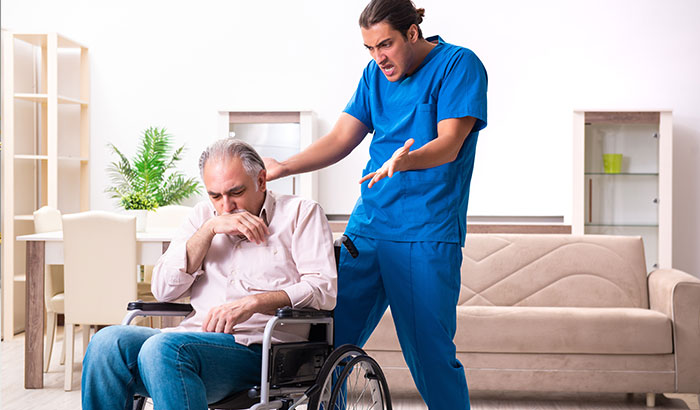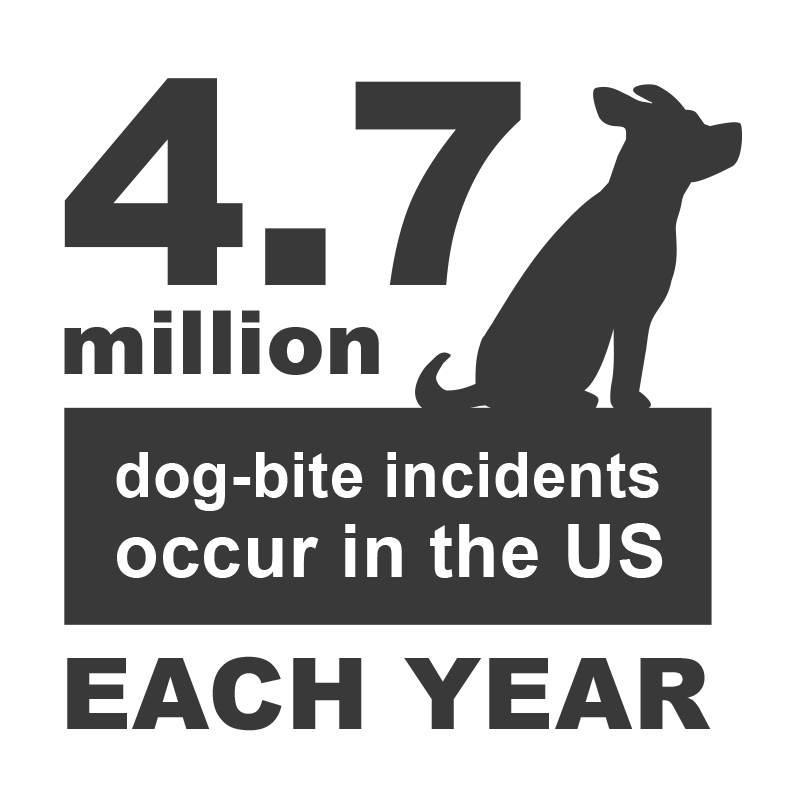Caregivers assist elderly people who are sick, injured, or disabled and must undergo certain training requirements to provide proper care.
Caregivers are vital members of nursing home staff, as they are usually the people that residents interact with the most. Continue reading to learn more about the duties of caregivers and how they receive adequate training for their important responsibilities.
What Do Caregivers Do?
Nursing home caregivers play a fundamental role in the health and well-being of elderly patients. Although they receive some level of training, they are not certified or licensed. They are not able to perform all of the same duties as a certified nursing assistant, medical technician, registered nurse, physician, or the like.
On a typical day, caregivers might find themselves performing the following tasks:
- Assisting with basic hygienic needs such as bathing, hair care and styling, nail care, toileting needs, dressing, brushing their teeth, etc.
- Performing housekeeping duties such as vacuuming, laundry, changing sheets, tidying residents’ rooms, and other basic cleaning
- Preparing and distributing meals
- Running errands
- Helping with transportation
- Organizing social events
- Offering reliable companionship
- Helping with medication management
- Taking notes and directly reporting them to a physician or nurse
On the Job Training for Caregivers
The required education level for caregivers is a high school diploma or a GED, so the majority of their training happens on the job. Assisted living facilities train their employees according to their individual procedures and state-specific regulations. Many facilities also have additional requirements that must be completed upon hiring, such as:
- CPR certification
- First Aid certification
- State competency exam
- Clean background check
Caregiver Burnout and Fatigue
Due to the taxing nature of their job, many caregivers experience “caregiver burnout” which can leave them feeling overwhelmed and fatigued. This is a state of mental, physical, and emotional exhaustion that is often accompanied by a change in attitude. Burnout happens when caregivers neglect their own health or try to do more than they are able to.
It’s vital for all caregivers to recognize the warning signs so that they can receive help before spiraling out of control. Once this happens, it’s nearly impossible to provide elderly patients with proper care and could potentially lead to nursing home abuse.
The symptoms of caregiver burnout are similar to that of stress and depression and include:
- Withdrawal from loved ones
- Loss of interest in activities previously enjoyed
- A general feeling of hopelessness
- Changes in appetite or sleep patterns
- Irritability
- New or worsening health problems
- Trouble concentrating
- Feeling resentful, flustered, or frustrated
If Your Loved One Has Suffered Nursing Home Abuse, Flickinger • Boulton • Robson • Weeks Can Help
If a caregiver fails to attend to your loved one in their assisted living facility, Flickinger • Boulton • Robson • Weeks is here to fight for the care they deserve. We understand how critical it is to hold negligent nursing home staff accountable for any degree of abuse or neglect their staff has inflicted upon their residents.
Our offices are located in Provo and South Jordan, Utah. Contact us to schedule your free case evaluation today.

